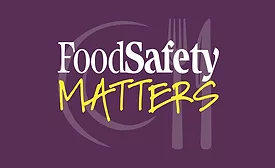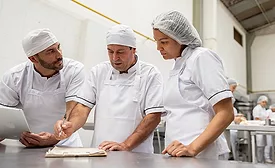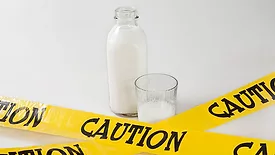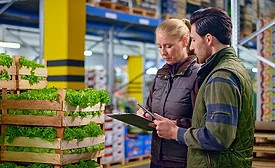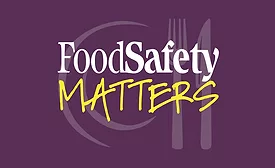Home » Keywords: » communication
Items Tagged with 'communication'
ARTICLES
Assessing Food Safety Culture: Selecting Methods and Communicating Insights
As food safety professionals, recognizing the importance of both food safety culture and effective communication is crucial
October 8, 2024
Anatomy of a Recall—Best Practices
An often-misunderstood resource can minimize the negative impact and expense of a recall—your recall insurance policy
July 24, 2022
Never miss the latest news and trends driving the food safety industry
Newsletters | Website | eMagazine
JOIN TODAY!Copyright ©2026. All Rights Reserved BNP Media.
Design, CMS, Hosting & Web Development :: ePublishing

